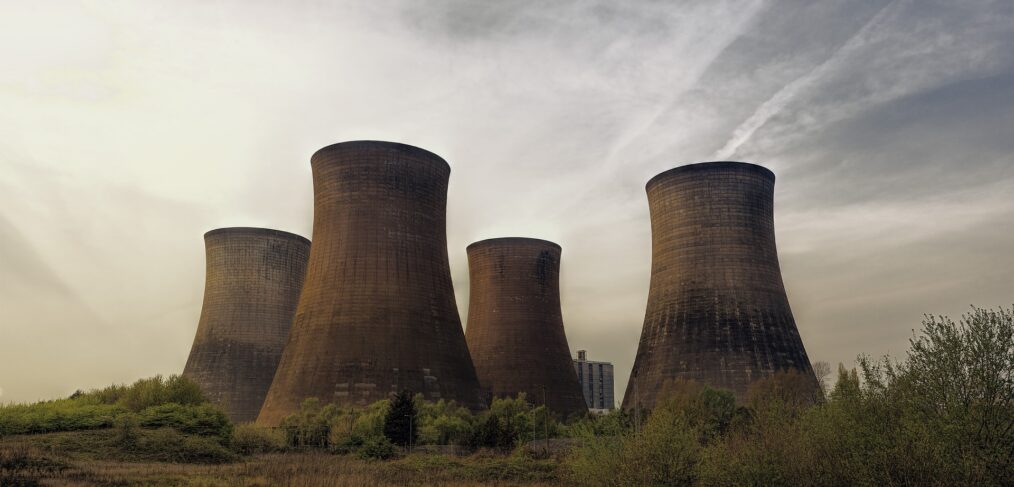
PRESS RELEASE: EU Taxonomy: No majority for stopping the greenwashing of nuclear power and gas
|
|
The European Parliament has just approved the European Commission’s proposed sustainability label for nuclear power and gas in the EU Taxonomy, a classification procedure for sustainable finance (278 votes in favour of the objection to the sustainability label, 328 against and 33 abstained).
Investments in nuclear power and natural gas will thus be classified as sustainable investments for decades to come. Unlike in the ordinary legislative procedure, MEPs can only reject or tacitly approve a delegated act of the Commission. 353 votes would have been needed to adopt the cross-party objection to the Commission proposal.
Jutta Paulus, Greens/EFA energy expert and member of the ENVI committee comments:
“It is very bitter that the necessary parliamentary majority to prevent the sustainability label for nuclear power and gas was missed. The European Commission has pushed through the greenwashing of climate and environmentally damaging technologies past the proper legislative process, despite numerous scientific and legal concerns. Moreover, last-minute smokescreens about the applicability and meaning of the taxonomy have triumphed over fact-based assessment. Investor confidence in the EU taxonomy has thus been destroyed. I welcome the announcement by Luxembourg and Austria that they will take legal action against the second Delegated Act before the European Court of Justice. Because in the opinion of many lawyers, the Commission has clearly exceeded its powers as laid down in the Treaty on the Functioning of the European Union.”
Background:
The EU Taxonomy is a regulation binding on all EU member states that defines criteria for sustainable investments. As no agreement could be reached on the role of natural gas and nuclear power during the negotiations on the Taxonomy Regulation, clarification of these points was postponed and the European Commission was asked to submit a Delegated Act based on scientific findings.
With its second Delegated Act, the European Commission plans to classify nuclear power and natural gas as sustainable transition technologies from 2023. The Commission wants nuclear power to be considered sustainable if funds exist for the storage of nuclear waste and the dismantling of power plants, and plans exist for a final repository. This should apply not only to new plants, but also to lifetime extensions. Investments in fossil natural gas are to be possible until 2030, on condition that there are plans or commitments for the use of so-called “low carbon” gases from 2035 at the latest. However, for both energy sources, only investments in power plants or district heating networks would be taxonomically eligible. The Delegated Act does not mention the extraction of uranium or gas or their transport.
A large number of experts, including the European Investment Bank, reject the Commission’s proposal.
